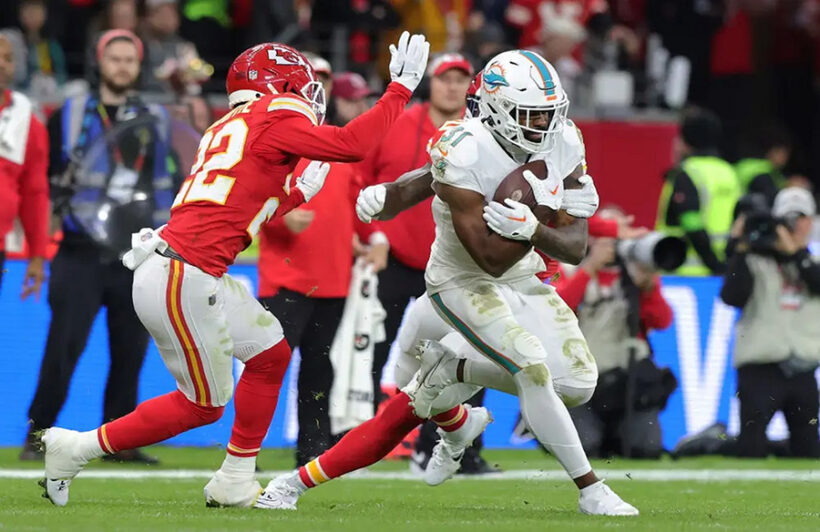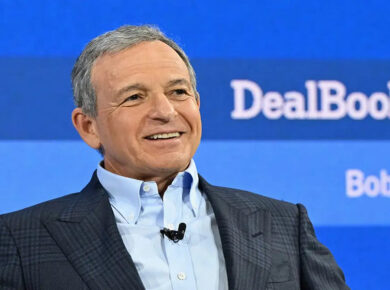The upcoming NFL playoff game between the Miami Dolphins and the Kansas City Chiefs, exclusively available for streaming on Peacock, poses a significant test for the viability of streaming platforms as primary outlets for major sports events. This shift challenges the conventional expectation of accessing popular sports content via traditional broadcast television channels, raising questions about consumer willingness to pay for streaming services.
The Streaming Dilemma: Broadband Connection and Subscription Fee
To tune into the Chiefs-Dolphins playoff showdown, viewers must have both a stable broadband connection and a Peacock subscription, which requires a $6 fee payable to NBCUniversal, the owner of Peacock. This departure from the typical broadcast model may catch many fans off guard, accustomed to accessing NFL games without additional costs or complexities.
Departure from Traditional Broadcasting
NBCUniversal’s $110 million investment in securing the rights for a streaming-only playoff game reflects a strategic move to bolster Peacock’s position in the competitive streaming landscape. However, the decision disrupts the longstanding tradition of broadcasting major NFL games on free-to-air television channels, potentially alienating viewers expecting easy access to playoff content.
Challenges and Criticisms
The transition to streaming-exclusive NFL playoff coverage is not without its challenges and criticisms. Viewers may encounter technical issues such as inconsistent broadband speeds or connectivity issues, detracting from the viewing experience. Additionally, some fans may balk at the prospect of paying for access to content that was previously available for free on traditional TV platforms.
NFL’s Streaming Experiment
Historically, the NFL has prioritized maximizing viewership by leveraging both traditional TV broadcasts and streaming platforms to reach a wide audience. While streaming offers opportunities for additional revenue streams, the league has been cautious about relegating marquee matchups exclusively to digital platforms, recognizing the importance of broad accessibility.
Potential Implications for the Future of Sports Broadcasting
Saturday’s playoff game on Peacock serves as a litmus test for the future of sports broadcasting. With traditional TV viewership on the decline, the NFL’s decision to experiment with streaming-only distribution reflects a broader shift in consumer preferences and media consumption habits. The outcome of this experiment will provide valuable insights into the evolving landscape of sports media.
Conclusion: Navigating the Streaming Landscape
As the NFL and NBC navigate the complexities of transitioning a playoff game to a streaming-only format, they face both challenges and opportunities in shaping the future of sports broadcasting. While the move may attract criticism and resistance from some quarters, it also signals a willingness to embrace innovation and adapt to changing audience expectations in the digital age. Ultimately, the success of this endeavor will hinge on consumer adoption and the ability of streaming platforms to deliver a seamless viewing experience.










